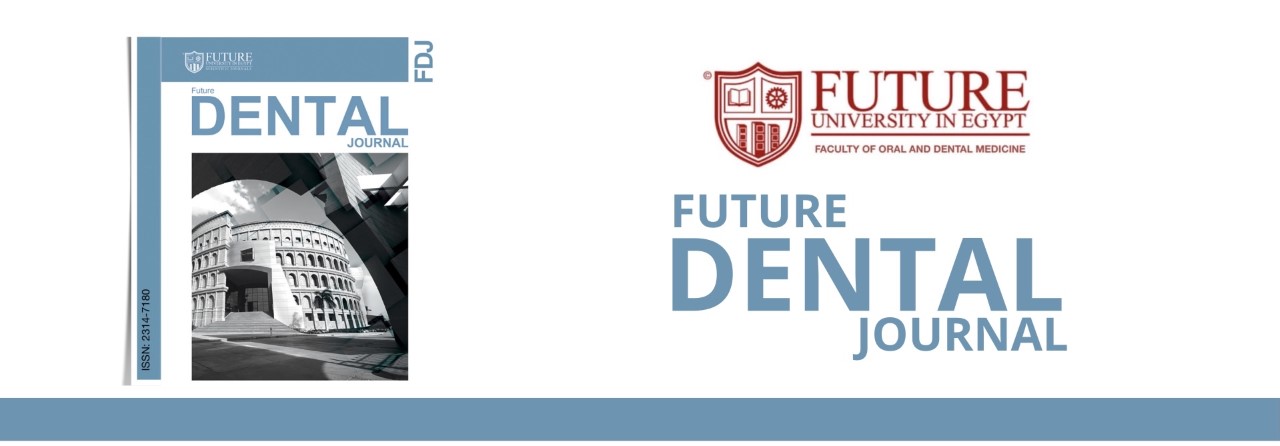
Abstract
Aim of the study: This in vitro study was conducted to evaluate the microtensile bond strength (mTBS) of surface treated zirconia bonded to dentin specimens using two aged contemporary dual cured selfadhesive resin cements. Materials and methods: Sixty cuboidal-shaped zirconia ceramic specimens were obtained using CAD/ CAM system. Specimens were divided into two equal main groups; 30 specimens each, gp A in which specimens did not receive any further surface treatment & gp B in which only one surface of each specimen was airborne abraded. Each group was then divided into two equal groups; 15 each, according to the type of adhesive resin cement used for bonding zirconia specimens to ground flat dentine surfaces; RelyX™ U200 (cement I) and Multilink® Speed (cement II). The assemblies were further subdivided into 3 equal subgroups; 5 assemblies each, according to aging protocol. The aging protocols were storage in distilled water for 1 day, for 7 days without thermocycling and for 7dayes followed by thermocycling; subgroups 1, 2 and 3 respectively. After aging, the assemblies were sectioned into beams approximately 1 mm2 in cross section resulting in 25 beams for each subgroup; 20 of them were selected for mTBS (n ¼ 20) and 5 were kept for SEM examination. Results: Group B showed statistically significantly higher mean micro tensile bond strength value than group A. The type of cement had statistically insignificant effect on mean micro tensile bond strength. Thermocycling significantly reduced mTBS of both cements bonded to untreated zirconia ceramic; IA3 and IIA3 subgroups. For SEM, cement I showed gaps at its interface with zirconia groups A and B regardless of aging protocol. Cement II showed only gaps at its interface with zirconia ceramic group A only but good adaptation appeared at its interface with zirconia ceramic group B for aged for 1 day (subgroup IIB1) and 7 days without thermocycling (subgroup IIB2). However, cement II bonding air abraded zirconia ceramic followed by thermocycling (subgroup IIB3) showed both gap free as well as gap containing areas at high magnification only. Conclusions: Airborne abrasion-surface treatment of zirconia significantly enhanced the mTBS of both cements adhered to dentin while aging had an adverse effect. MS showed higher insignificant mTBS.
Recommended Citation
Gamal R, F. Gomaa Y, A. Abdellatif M. Microtensile bond strength and scanning electron microscopic evaluation of zirconia bonded to dentin using two self-adhesive resin cements; effect of airborne abrasion and aging. Future Dental Journal. 2020; 3(2):55-60.

